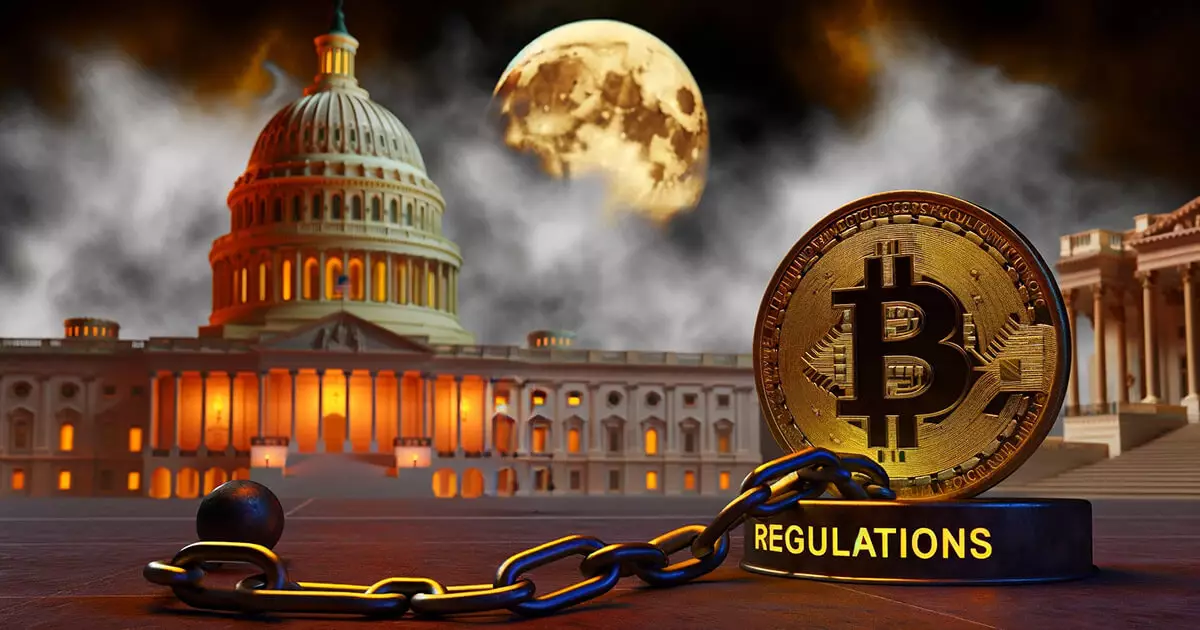As the Bitcoin industry eagerly anticipates the arrival of a Bitcoin ETF, there is a growing concern that the custody of these assets may fall into the hands of traditional financial institutions like Goldman Sachs and JPMorgan. This shift towards institutional custodianship represents a departure from the original ethos of Bitcoin, which aimed to eliminate the need for intermediaries in financial transactions.
While many in the Bitcoin community have welcomed the approval of the Bitcoin ETF as a bullish sign for the industry, the introduction of counterparty risk through institutional custodians poses a potential threat to the decentralized nature of Bitcoin. Investors who purchase the Bitcoin ETFs will not actually hold physical bitcoins, but instead, will receive paper certificates. This move not only undermines the innovation behind Bitcoin but also exposes investors to the vulnerabilities of relying on centralized institutions.
Senator Elizabeth Warren’s Anti-Self-Custody Bill
The recent efforts by Senator Elizabeth Warren to introduce legislation that would effectively prohibit individuals from holding their own Bitcoin represent a significant challenge to the core principles of the cryptocurrency. The proposed bill seeks to compel investors to utilize centralized institutions for custody, thereby restricting the ability of users to maintain control over their own funds. This move could severely limit the development of secure, non-custodial wallets that allow users to manage their assets independently.
The Implications for Innovation
If the outlawing of self-custody in the US were to come to fruition, it could have far-reaching implications for the future of Bitcoin and cryptocurrency innovation. The shift towards institutional custodians and the imposition of stringent regulations could stifle the vibrant ecosystem that has emerged around digital assets. Furthermore, the restriction on self-custody may hinder the ability of users to fully exercise their financial sovereignty and control over their assets.
As the battle over self-custody continues to unfold, it is evident that the future of Bitcoin in the US hangs in the balance. The industry may need to pivot its focus away from regulatory battles over token classification and instead redirect its efforts towards preserving the fundamental principles of financial autonomy and self-custody. The potential ramifications of these developments extend beyond US borders and could impact global markets, with regions like Asia and Europe positioning themselves as key players in the evolving cryptocurrency landscape.
The threat of outsourcing Bitcoin custodianship to institutional entities represents a fundamental challenge to the ethos of decentralization and financial sovereignty that underpins the industry. As the debate over self-custody intensifies, it is crucial for stakeholders to come together to defend the core principles of Bitcoin and ensure that individuals retain control over their own assets. Only by safeguarding the ideals of autonomy and self-custody can the industry continue to thrive and fulfill its transformative potential in the digital age.


Leave a Reply